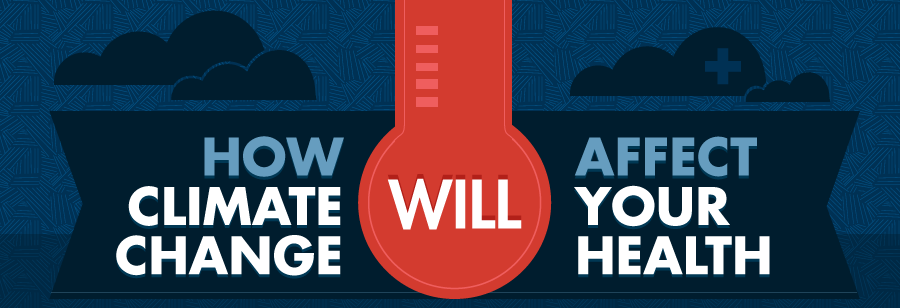Howard|The future is expected to hold more deadly heat waves, the fast spread of certain infectious diseases and catastrophic food shortages.
These events could cause premature deaths — and they’re all related to climate change, according to a panel of experts who gathered at the Carter Center in Atlanta on Thursday for the Climate & Health Meeting.
The Climate & Health Meeting was organized to replace the Centers for Disease Control and Prevention’s climate change conference, which was postponed in January, ahead of President Donald Trump’s inauguration. The Trump administration did not explicitly ask for the move, CNN reported in January.
Although Trump has said that there is “some connectivity” between human activity and climate change, he also has expressed doubts about the climate crisis.
Between 2030 and 2050, climate change is projected to cause about 250,000 additional deaths per year from heat stress, malnutrition and the spread of infectious diseases like malaria, according to the World Health Organization.
The extreme weather events calculated by the insurance industry have obviously been increasing,” former US Vice President Al Gore said in a keynote speech at the meeting. “As I’ve said on other occasions, every night on the television news now is like a nature hike through the Book of Revelation.”
The majority of climate scientists — 97% — agree that climate change is real and human pollution is largely responsible.
“Those WHO statistics are just from some very specific health outcomes where we have some known working equations and models to do it,” said Dr. Jonathan Patz, a professor and director of the Global Health Institute at the University of Wisconsin-Madison, who participated in the meeting.
Of all climate-related causes of death, heat stress is responsible for the most deaths in the United States, Gore said. He hosted the event along with the American Public Health Association and more than 50 organizations representing scientists, policymakers and activists.
“Mortality increases 4% on average during these heat waves,” he said.
Data from the US Natural Hazard Statistics show that heat caused the most weather-related fatalities, on average, between both 1986 and 2015 and 2006 and 2015. However, flooding caused the most weather-related deaths in 2015 alone.
“Globally, flooding on a global basis has first place,” Gore said
Home Uncategorized Climate change projected to cause 250,000 additional deaths per year from various...










